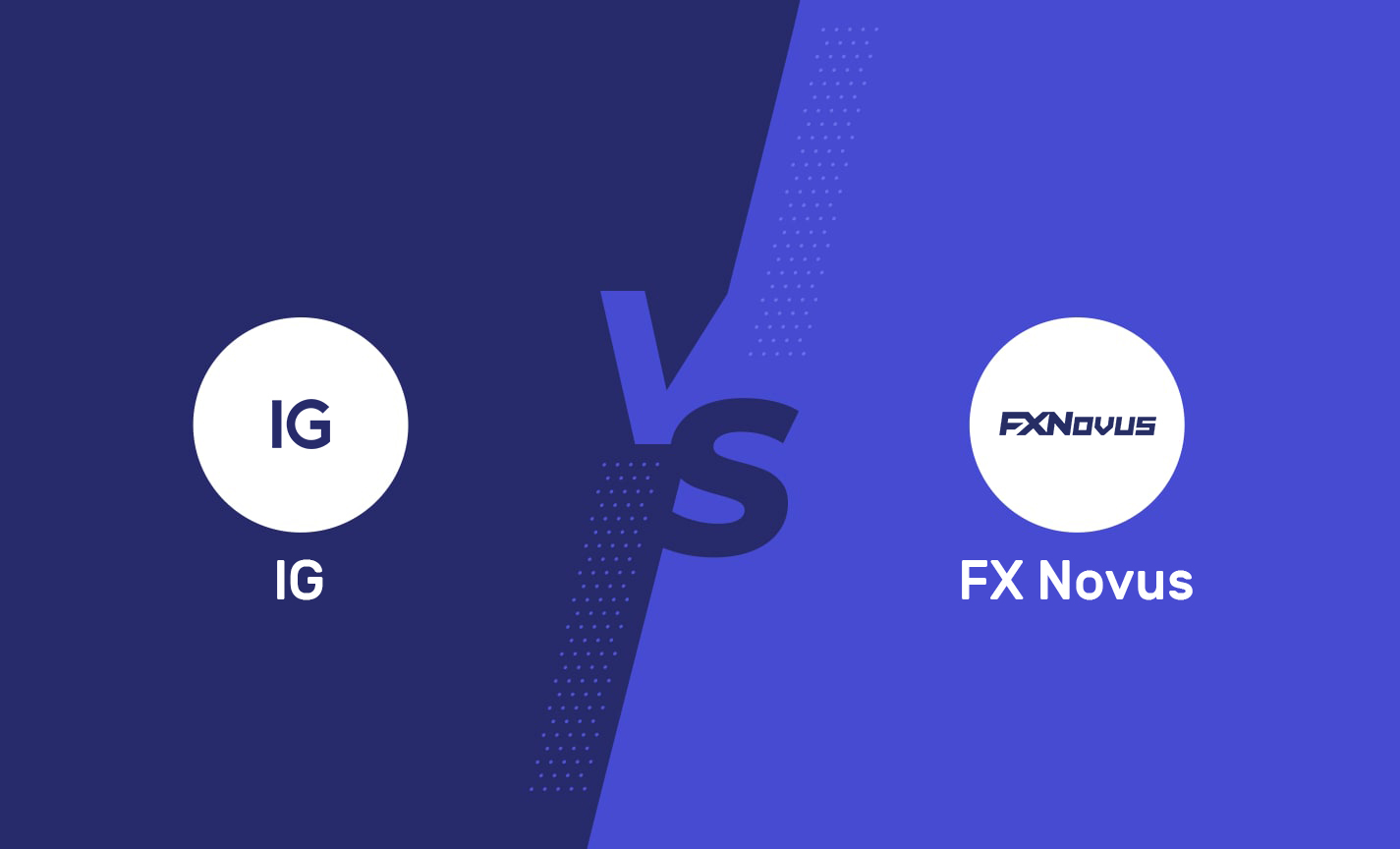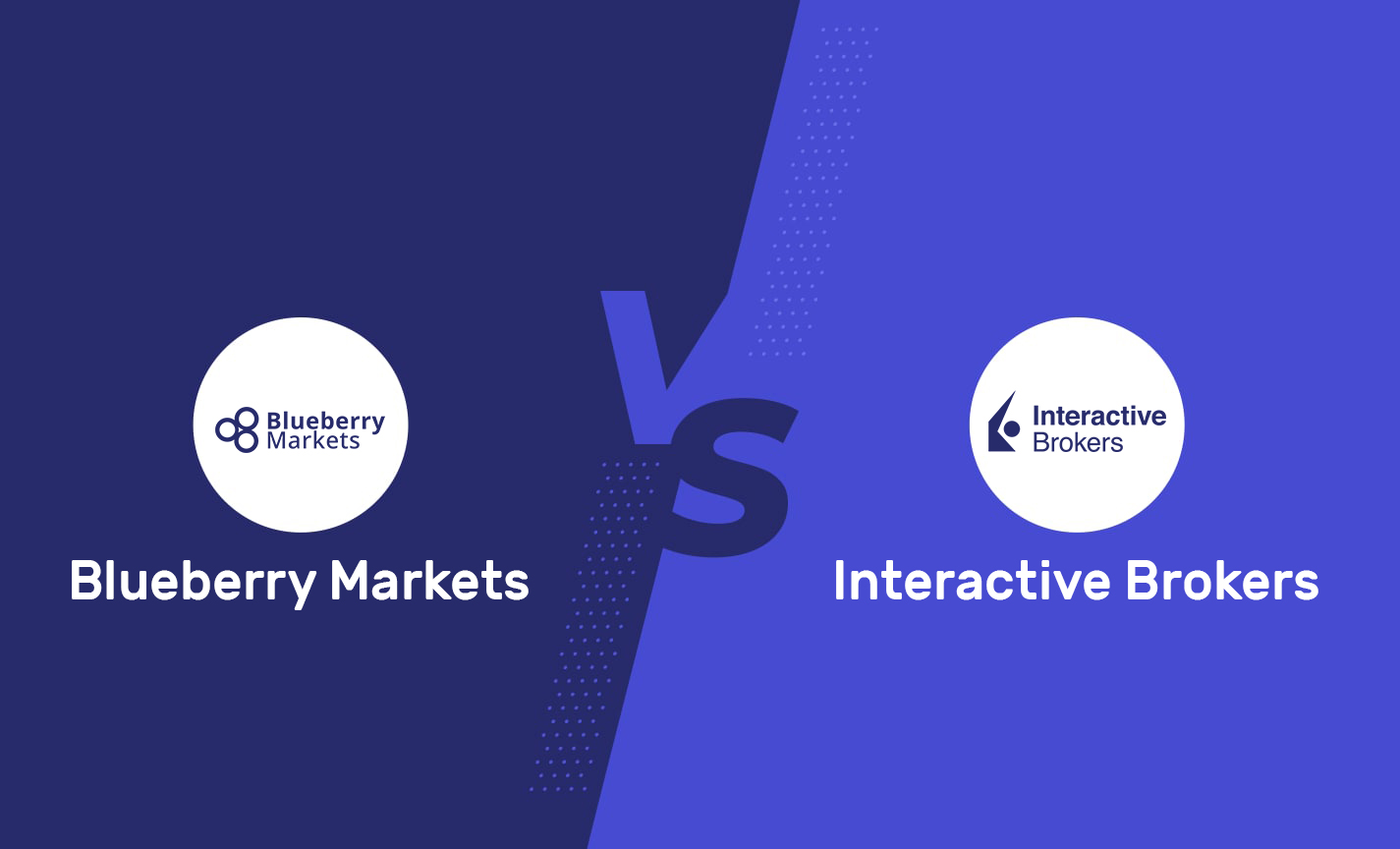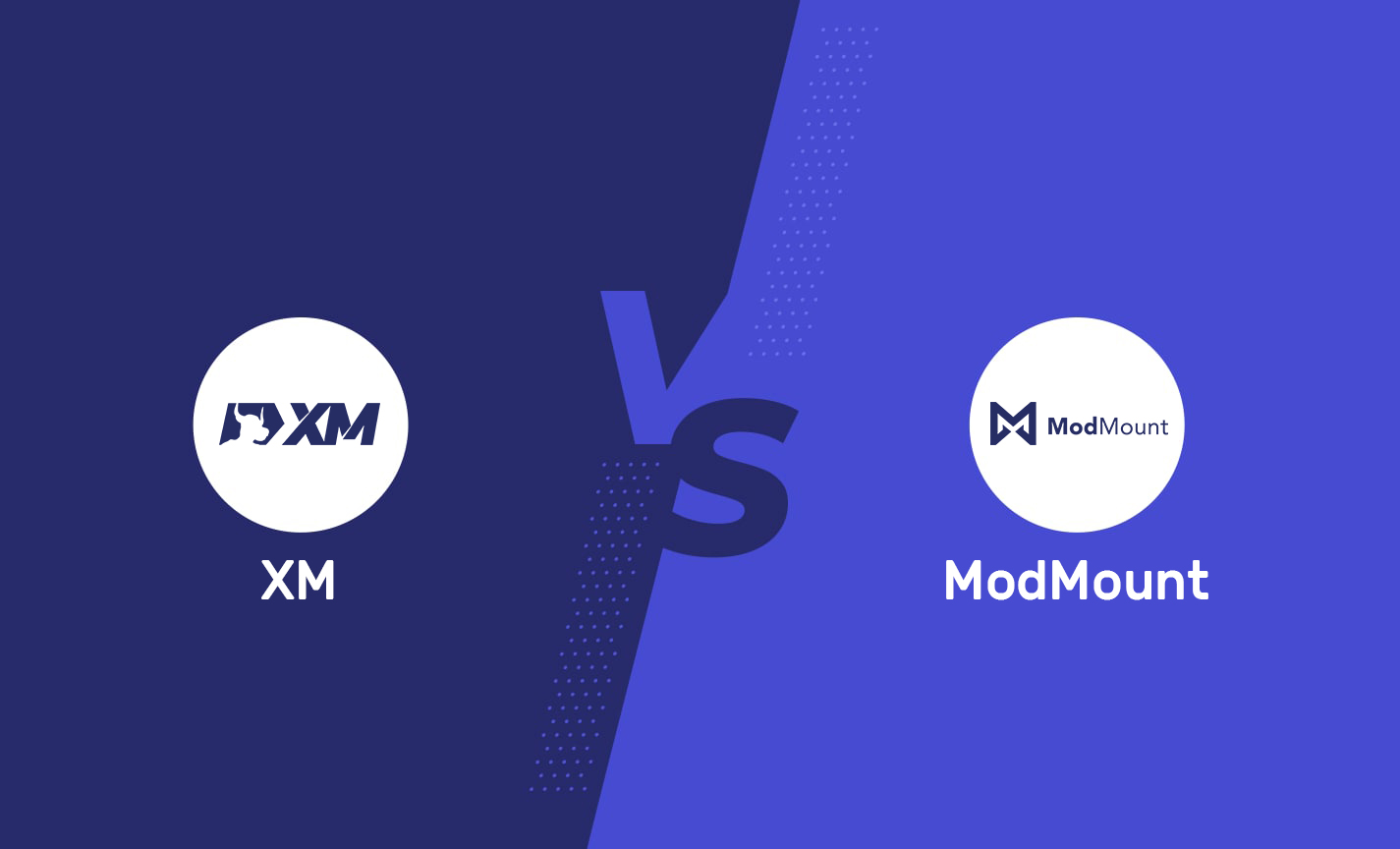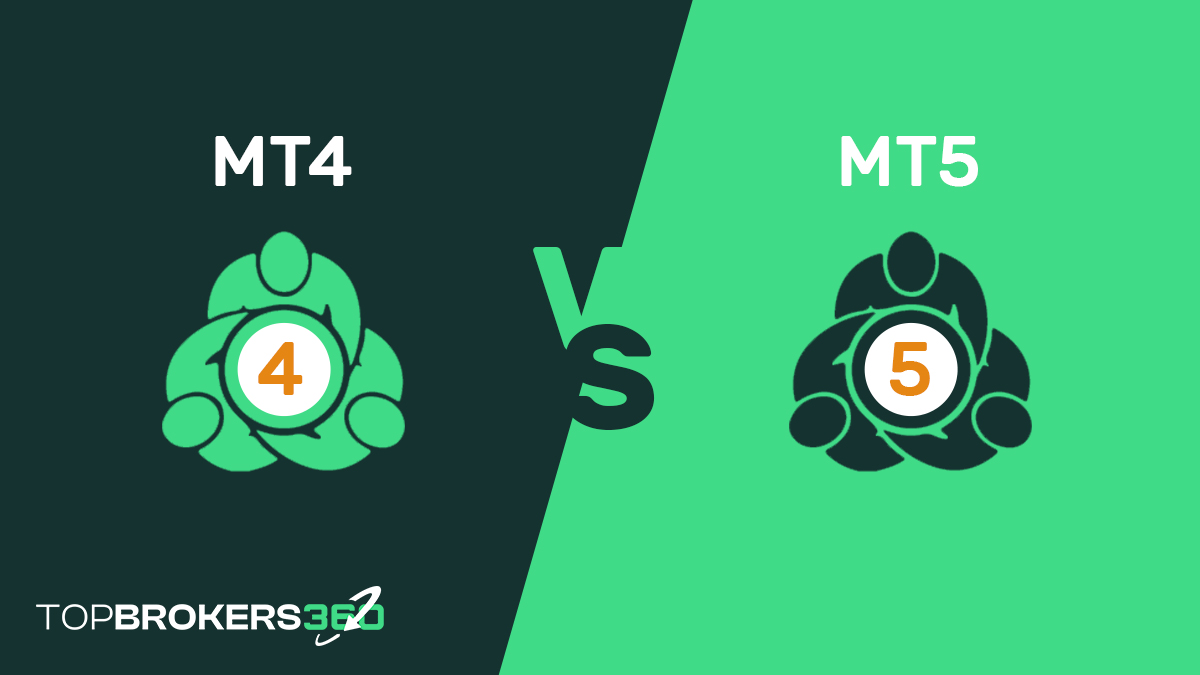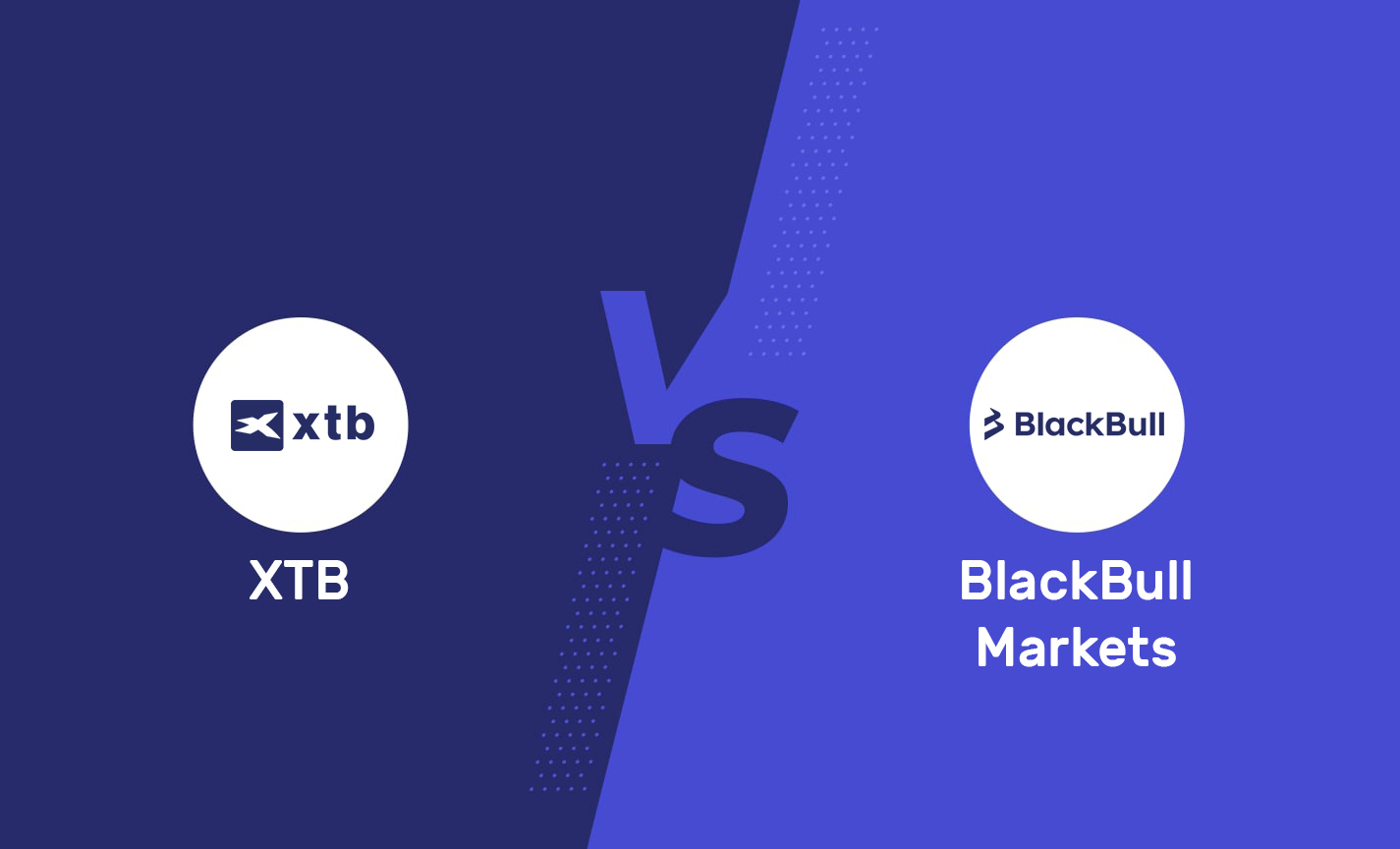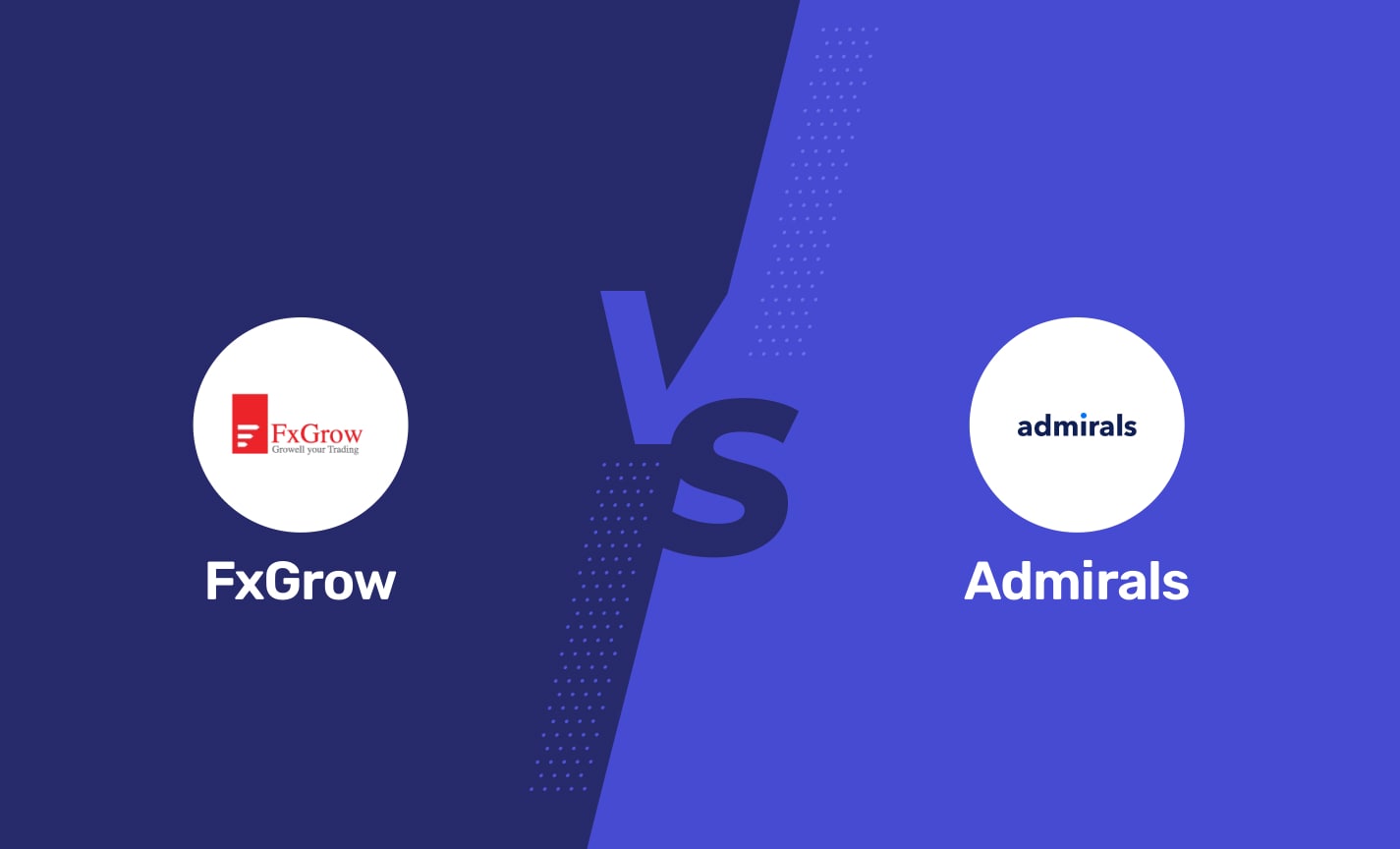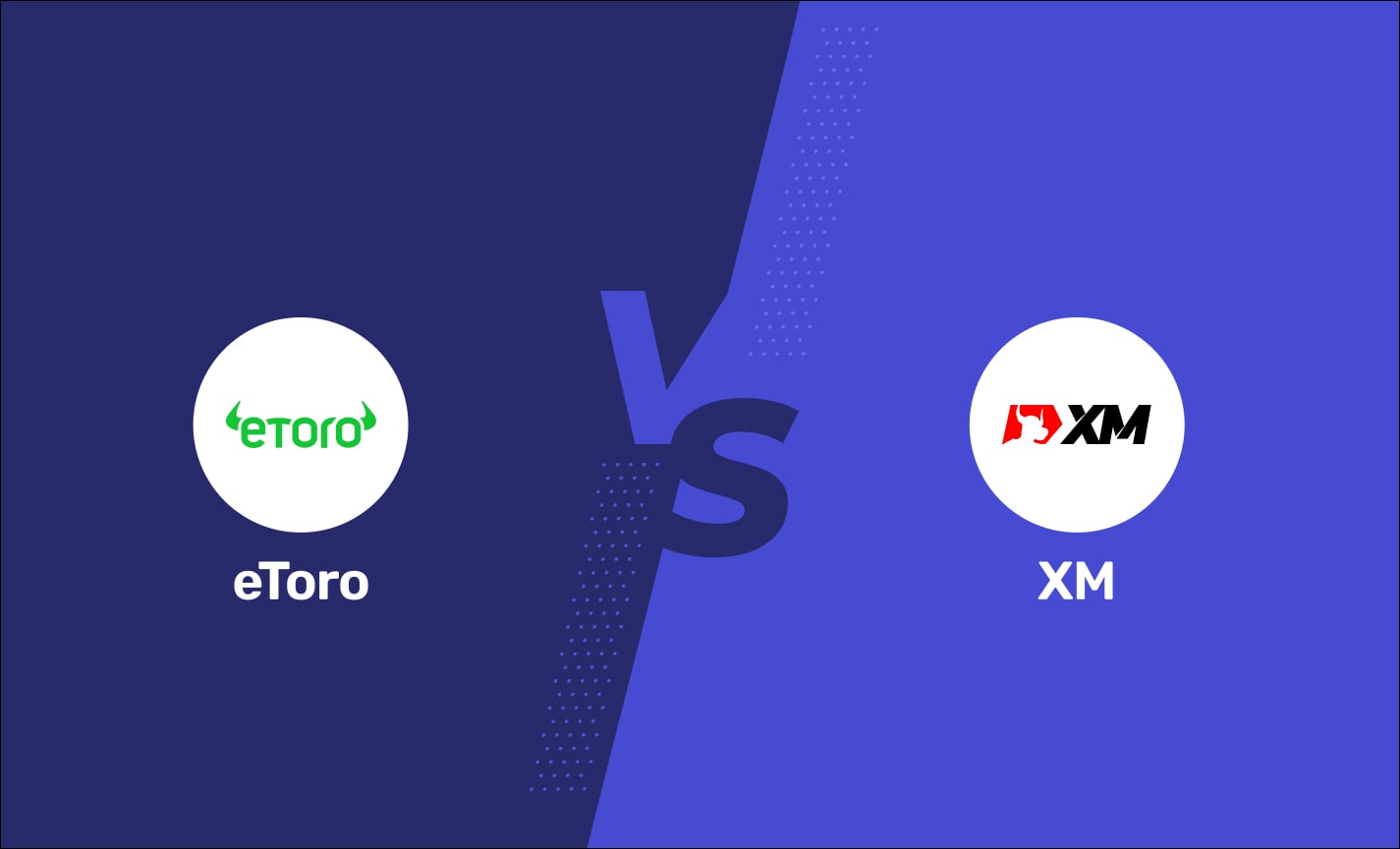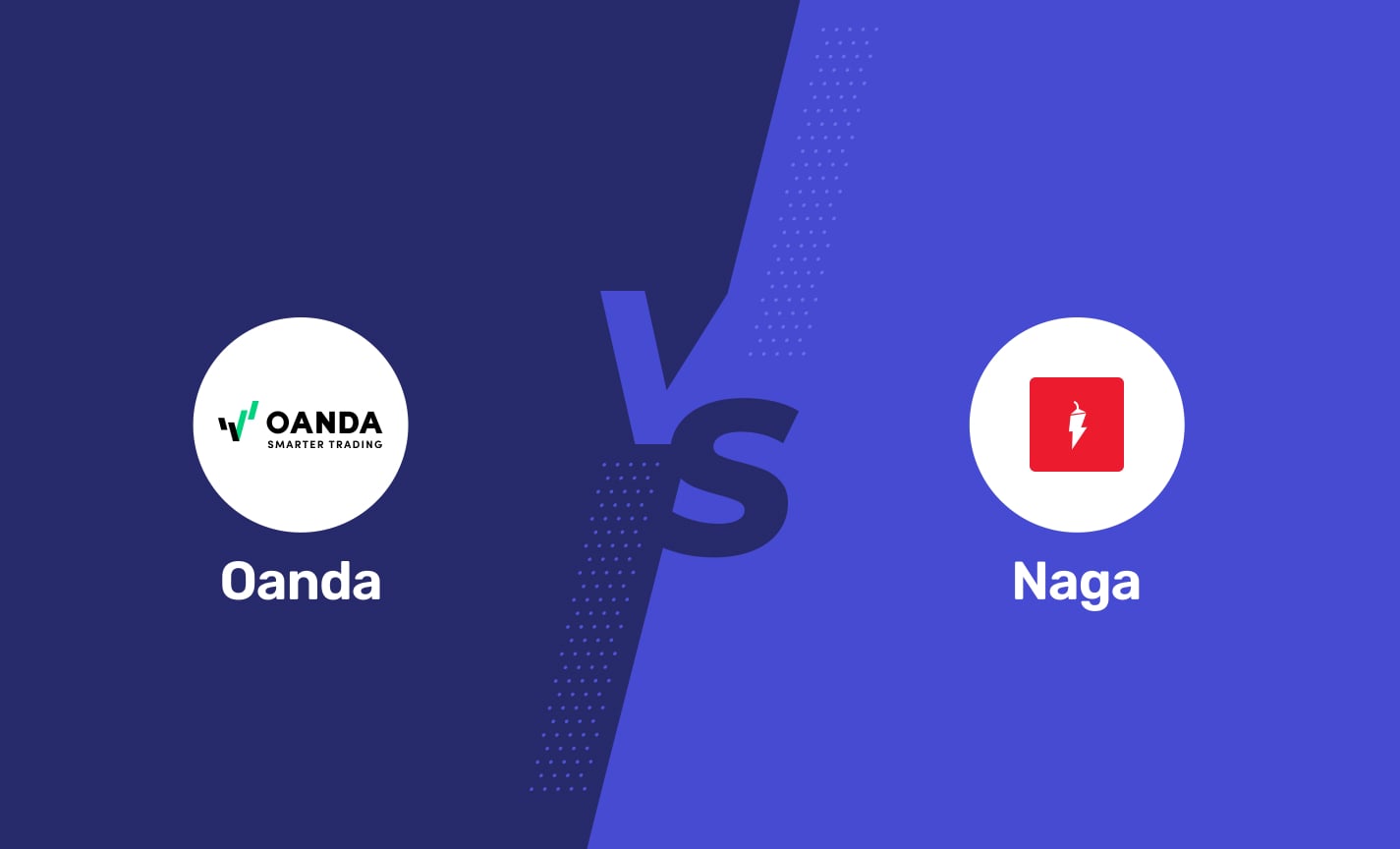Crypto has quickly become a cornerstone of the digital financial world, yet many still wonder, “What is crypto, and how does it work?”
From enabling decentralized finance to providing a new form of digital investment, crypto’s impact is vast and complex. In this guide, we’ll break down the basics of cryptocurrency, how it functions, and how it’s changing our understanding of money. With recent political shifts, including Donald Trump’s re-election in November 2024, cryptocurrency has seen substantial growth, with Bitcoin reaching an all-time high. This surge reflects the positive influence that supportive political leadership can have on the market.

➟ See our extensive article about the origin of cryptocurrency to learn more on the background and major players in the evolution of cryptocurrency.
What is Cryptocurrency?
Cryptocurrency, or simply "crypto," is a form of digital or virtual currency that is secured by cryptography, making it nearly impossible to counterfeit. Unlike traditional currencies like the US dollar or euro, cryptocurrency is not issued or controlled by any central authority, such as a government or bank. Instead, cryptocurrencies operate on a decentralized system, often powered by blockchain technology. As Investopedia describes it, “Cryptocurrency is a digital or virtual currency that is secured by cryptography, which makes it nearly impossible to counterfeit or double-spend.”
Many people invest in cryptocurrency through brokers who offer convenient access to a variety of crypto assets. Brokers can provide trading tools, resources, and support, which makes it easier for new investors to get started and navigate the crypto market.
➟ Looking for the right broker? Check out our broker reviews to find the best platform to meet your crypto needs!
What is Crypto Money?
Crypto money refers to digital assets like Bitcoin, Ethereum, and thousands of other coins used to transfer value, make online purchases, or invest. Crypto money offers an alternative to traditional cash and assets, appealing to those who value financial independence and digital security.
The recent surge in Bitcoin’s price following Trump’s re-election demonstrates how political events can impact the value of crypto money, creating both excitement and caution among investors. Many turn to brokers for guidance on navigating these changes, taking advantage of tools and resources that help assess market trends.
How Does Cryptocurrency Work?
Cryptocurrency works through a system of decentralized networks that use blockchain technology to verify and record transactions. At its core, a blockchain is a digital ledger that keeps a record of all transactions across a network of computers, known as nodes. When a person makes a cryptocurrency transaction, it’s grouped with others in a "block." This block is then verified by nodes on the network and added to the blockchain, making the transaction secure and transparent.Blockchain Technology
Blockchain technology is the backbone of most cryptocurrencies. Each "block" contains details of numerous transactions, and once it’s added to the chain, the record becomes permanent. This prevents tampering and creates a high level of transparency, as anyone on the network can view the transaction history.Crypto Mining
Some cryptocurrencies, like Bitcoin, are created through mining. Mining is the process of solving complex mathematical puzzles to validate and add transactions to the blockchain. Miners, who perform this work, are rewarded with cryptocurrency, which is a way of introducing new coins into circulation and maintaining the security of the network. This system of mining is critical for keeping decentralized networks functional and secure.
Cryptocurrency Wallets
A cryptocurrency wallet is a tool that allows users to store, send, and receive digital assets. Unlike a traditional wallet that holds cash, a cryptocurrency wallet stores a user’s private and public keys—unique codes required to access and manage their funds. There are two main types of wallets: hot wallets (connected to the internet) and cold wallets (offline storage).
Types of Wallets
Hot wallets, like mobile apps and desktop software, offer convenience for everyday transactions but are more vulnerable to online threats. Cold wallets, such as hardware devices or paper wallets, are more secure for long-term storage as they are not connected to the internet. Choosing the right wallet depends on how frequently you plan to use your crypto and your security preferences.
Private and Public Keys
Private keys are secret codes that give users access to their crypto and allow them to authorize transactions. Public keys are like an address that others use to send funds to a user’s wallet. Both are essential for managing cryptocurrency securely.
How to Buy Cryptocurrency
- Choosing a Cryptocurrency Exchange or Broker:
Buying crypto starts with selecting a cryptocurrency exchange or broker. Exchanges like Coinbase, Binance, and Kraken are popular digital marketplaces where users can buy, sell, or trade crypto. Each exchange and broker has unique features, fee structures, and security measures, so it’s essential to research and choose wisely. Brokers can offer additional support, such as insights and trading tools, which can be especially helpful for new investors. - Funding Your Account and Making Purchases:
Once on a chosen exchange or with a broker, users can fund their account with traditional currency (fiat) and start buying cryptocurrency. Because cryptocurrency prices can be volatile, it’s essential to monitor the market and conduct research before making a purchase. With Bitcoin reaching new all-time highs following Trump’s re-election, investors have an opportunity to potentially capitalize on favorable market conditions, and brokers provide the tools to do so effectively. As Forbes advises, “Approach crypto investment cautiously, as prices can fluctuate dramatically.”
Is Cryptocurrency a Bubble?
Cryptocurrency is a bubble.
Have you heard this being said about crypto? Let’s break it down.
A bubble occurs when the price of an asset rises rapidly, often due to hype, and then crashes when investors realize its actual value doesn’t meet the inflated price. Skeptics argue that the crypto market is highly speculative and resembles past financial bubbles, like the dot-com boom.
However, some experts believe that the recent rally, supported by favorable policies under Trump’s administration, points to a sustained trend rather than a bubble.
Cryptocurrency Exchanges and Prices
A cryptocurrency exchange is a platform that facilitates the buying, selling, and trading of crypto assets. Prices on these exchanges vary widely based on supply and demand, market sentiment, and news events. For example, major announcements about government regulations or new technological advancements can cause rapid fluctuations in cryptocurrency prices.
With Bitcoin hitting an all-time high, brokers have seen increased trading activity as investors seek to benefit from these price movements. Using a broker’s tools, resources, and expert insights can help investors make more informed decisions during these dynamic market conditions.

How Has Crypto Impacted Modern Finance?
Cryptocurrency has revolutionized financial transactions, offering a peer-to-peer way to transfer value without intermediaries like banks. This structure has made crypto particularly valuable in areas where traditional banking is limited or inaccessible, as it allows individuals to save, invest, and transfer money freely.
In response to the increased demand and mainstream acceptance of crypto assets, many brokers now include cryptocurrency as part of their offerings. Trump’s pro-crypto stance has further legitimized cryptocurrency in the finance world, encouraging brokers to expand their crypto services and meet growing client demand.
Additionally, cryptocurrency introduced concepts like decentralized finance (DeFi), enabling people to lend, borrow, and earn interest on crypto without needing banks. News on crypto regularly highlights how its adoption is growing globally, with governments and industries exploring ways to integrate crypto into mainstream finance.
Final Thoughts: Understanding the Future of Crypto
Cryptocurrency is more than just digital money—it represents a shift towards a decentralized, transparent, and innovative financial future. From understanding what crypto money is to using wallets, exchanges, and monitoring prices, crypto offers a new approach to finance that continues to evolve. With Trump’s recent re-election and Bitcoin reaching record highs, investor confidence in crypto assets is growing.
➟ Stay tuned for more insights into the world of trading with TopBrokers360!


















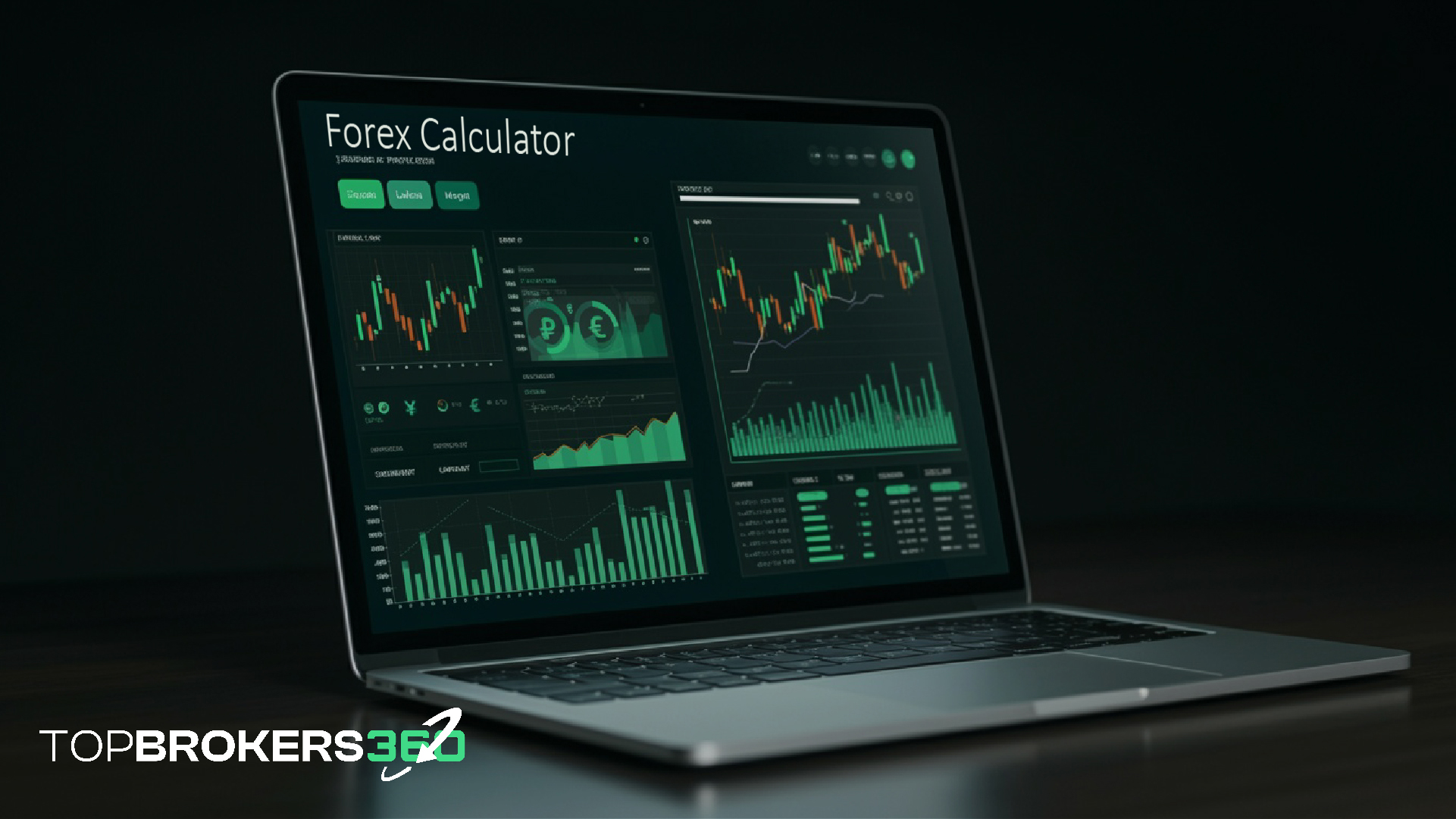




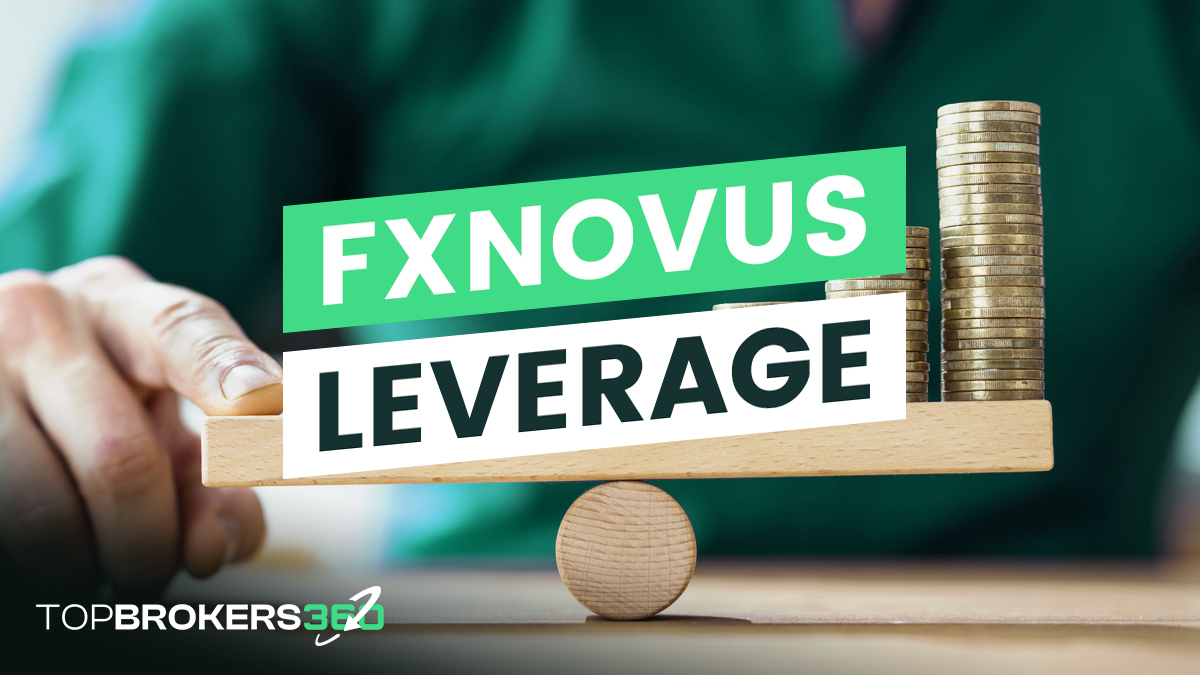
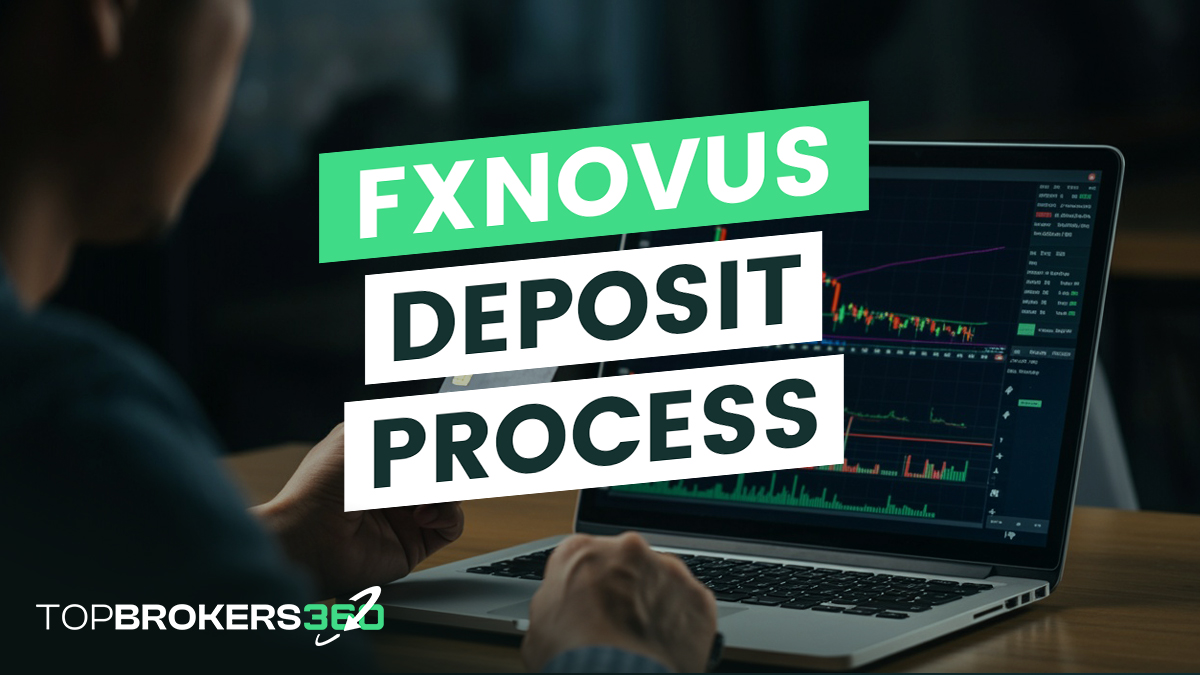
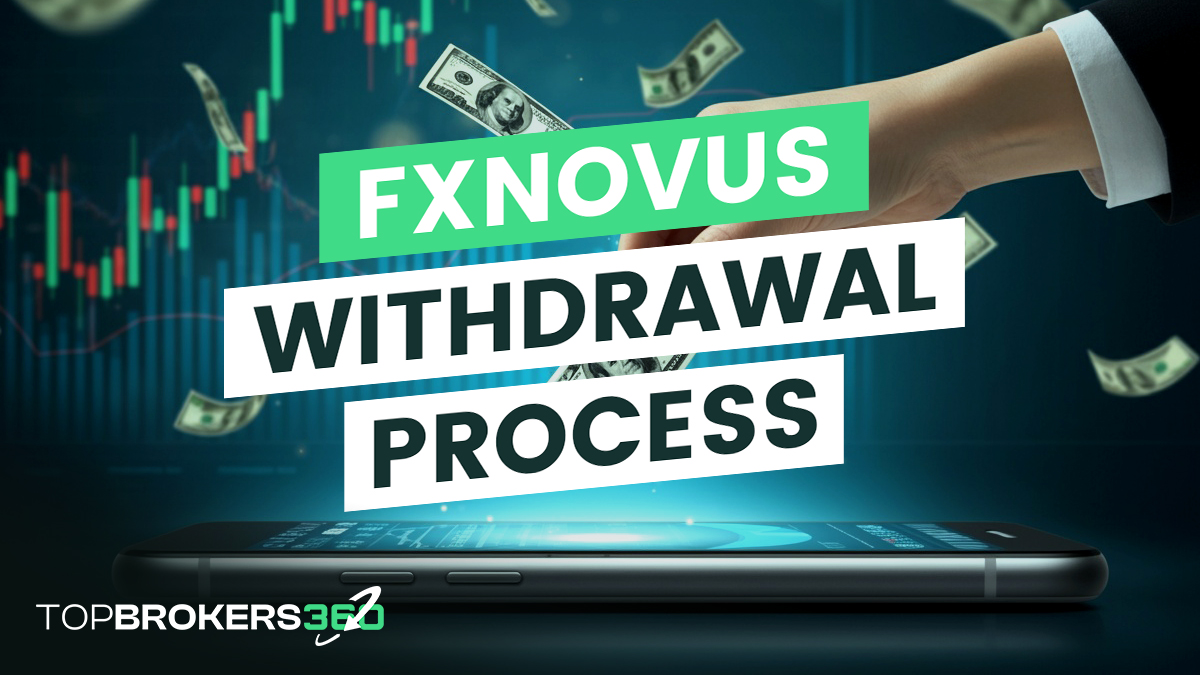




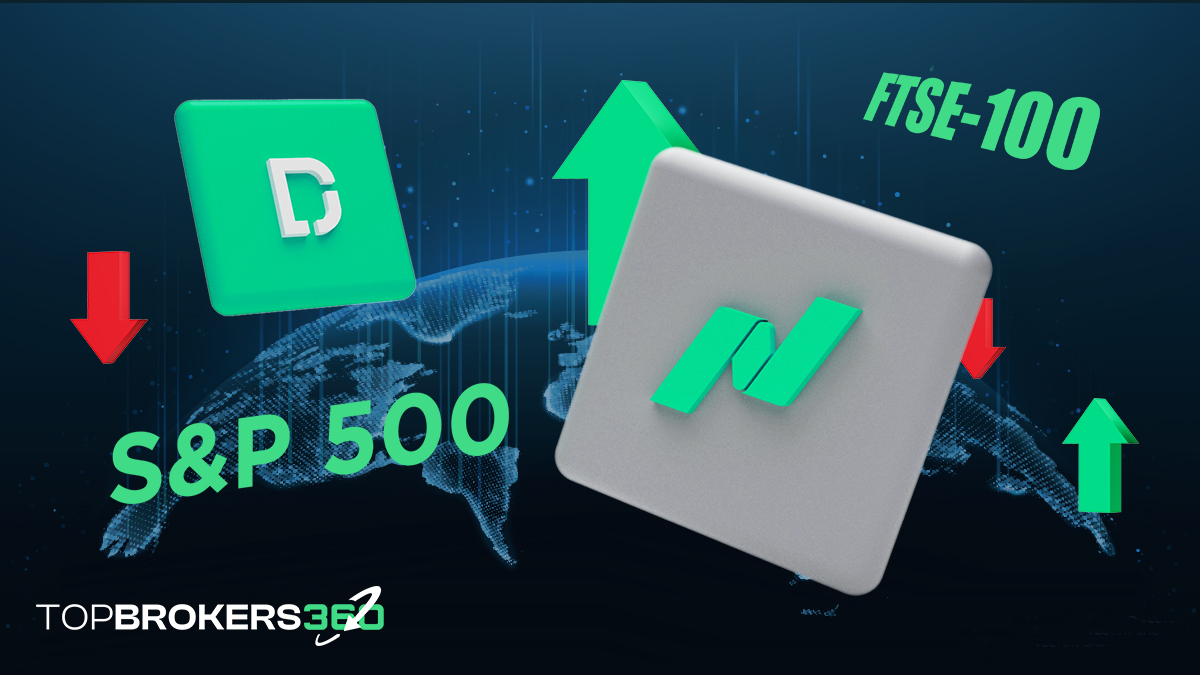




![Weekly Economic Overview [05.07.24]: S&P 500, NASDAQ, Tesla, and Apple](https://www.topbrokers360.com/wp-content/uploads/2024/07/Weekly_Update_Thumbnail_5.jpg)

![Weekly Economic Overview [28.06.24]: US Stock Market Trends, Inflation Insights, and NVIDIA Analysis](https://www.topbrokers360.com/wp-content/uploads/2024/06/Weekly_Update_Thumbnail_4.jpg)

